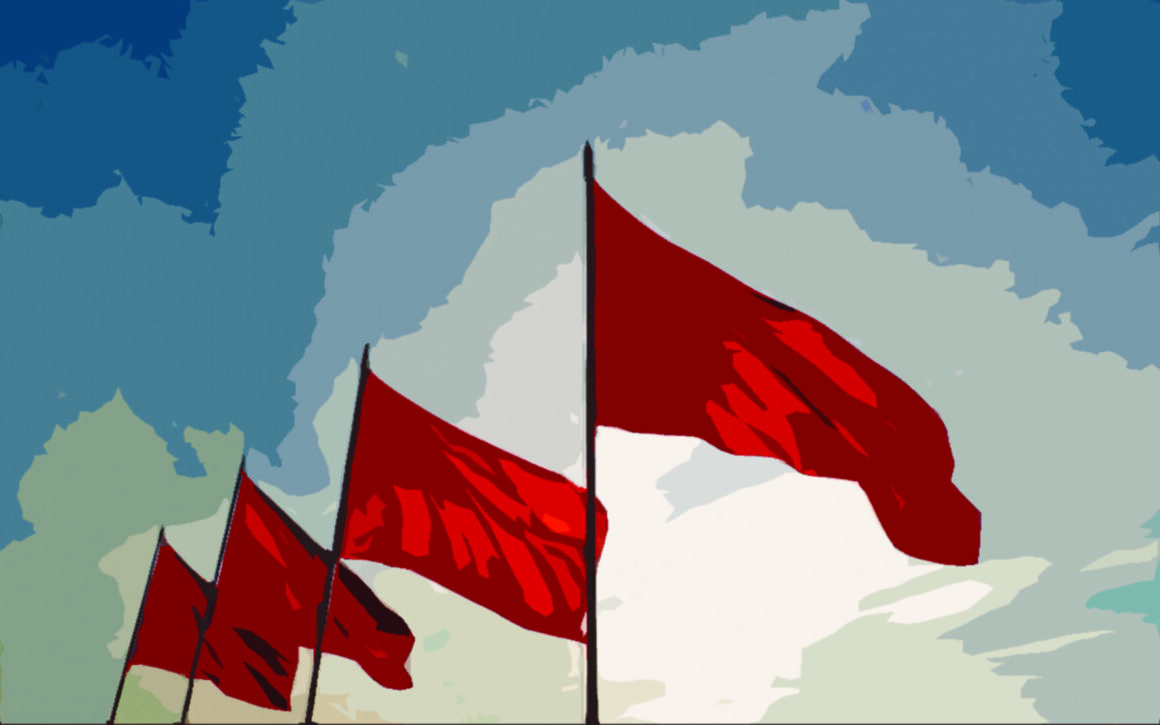By Eddie McCabe
A common question asked by those learning about socialism is whether there are any actual examples of socialism in practice, either somewhere in the world today, or in history. Clearly, it would make it easier to argue for socialism as a real alternative to capitalism if such examples could be provided to sceptics.
Unfortunately, we have to disappoint. There are no such ready-made examples of socialism, but understanding this is an important part of understanding what socialism actually is.
At its most basic, socialism is a society in which the wealth and resources, including the means to produce wealth, are owned in common by society as a whole – and the decisions about how to use them are made democratically, with the principal aim of providing for needs of society as a whole (not competing individuals, businesses or states). It means a society of real equality and democracy, without poverty or injustice.
It hardly needs to be said that no country in the world today looks anything like this.
Still, for different reasons many people do cite examples of ‘actually existing socialism’. Whether it’s people like Bernie Sanders in the US speaking of a ‘Scandinavian socialism’, as if countries like Sweden with many universal public services such as free education and heavily-subsidised healthcare and childcare – valuable reforms won through struggle by a powerful organised workers’ movement – amount to socialism.
This would be mistaken even if such services weren’t being continually eroded, as they are in Sweden. In fact, since the 1990s, inequality has risen at a faster rate in Sweden than anywhere else in the world. The fact is Sweden’s economy has always been market-based, with private ownership of industry and banks by capitalists, who of course have always been intent on overturning all the reforms won in the past.
Others point to the example of the former Soviet Union, and the regimes modelled on it such as those born out of the Chinese and Cuban revolutions. Their economies were based on state ownership and planning. This marked a real progression from the anarchy of capitalism and its rapacious drive for profit, and resulted in significant increases in living standards, literacy levels and life expectancy through the provision of free health, education and housing.
However, these societies were ruled by authoritarian regimes dominated by self-serving bureaucracies – and therefore were always anathema to genuine socialism, which necessitates both political and economic democracy (economic planning can’t work without the active input of the producers and consumers). The isolation of these regimes in a hostile capitalist world, along with bureaucratic mismanagement, resulted in capitalism being restored in the former Soviet Union and China, and its relentless encroachment on Cuba today.
In short, there are currently no socialist countries, and in a way that’s not surprising as a ‘socialist country’ couldn’t exist for very long as an island in a capitalist ocean. Sooner or later it would be engulfed. Capitalism is a global system and has to be overturned on a global level. Socialism too, therefore, has to be international.
But socialism is the product of a revolution that of course has to start somewhere. It is the culmination of the struggle of the working-class majority against its exploitation and oppression by a capitalist minority. Its seeds are sown in all mass movements of the working class, which in the right conditions – with the addition of the requisite organisation and leadership – can flower into a revolutionary transformation of society.
Capitalism means class war, and even though the capitalists have had the upper hand in the fight for a long time the potential for socialism exists everywhere the class war does. This was glimpsed in all the revolutionary movements of the past 150 years – since the Paris Commune first put the rule of the working class into practice in that city for 72 days. Only the workers and peasants in Russia went further with the heroic but tragically betrayed and strangled revolution that began in 1917.
Countless other attempts since then didn’t get as far, but they all in different ways give inspiration and confidence that socialism is possible, even if it doesn’t exist – yet.











